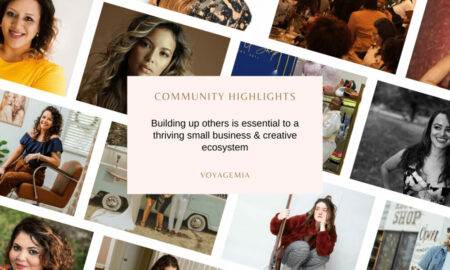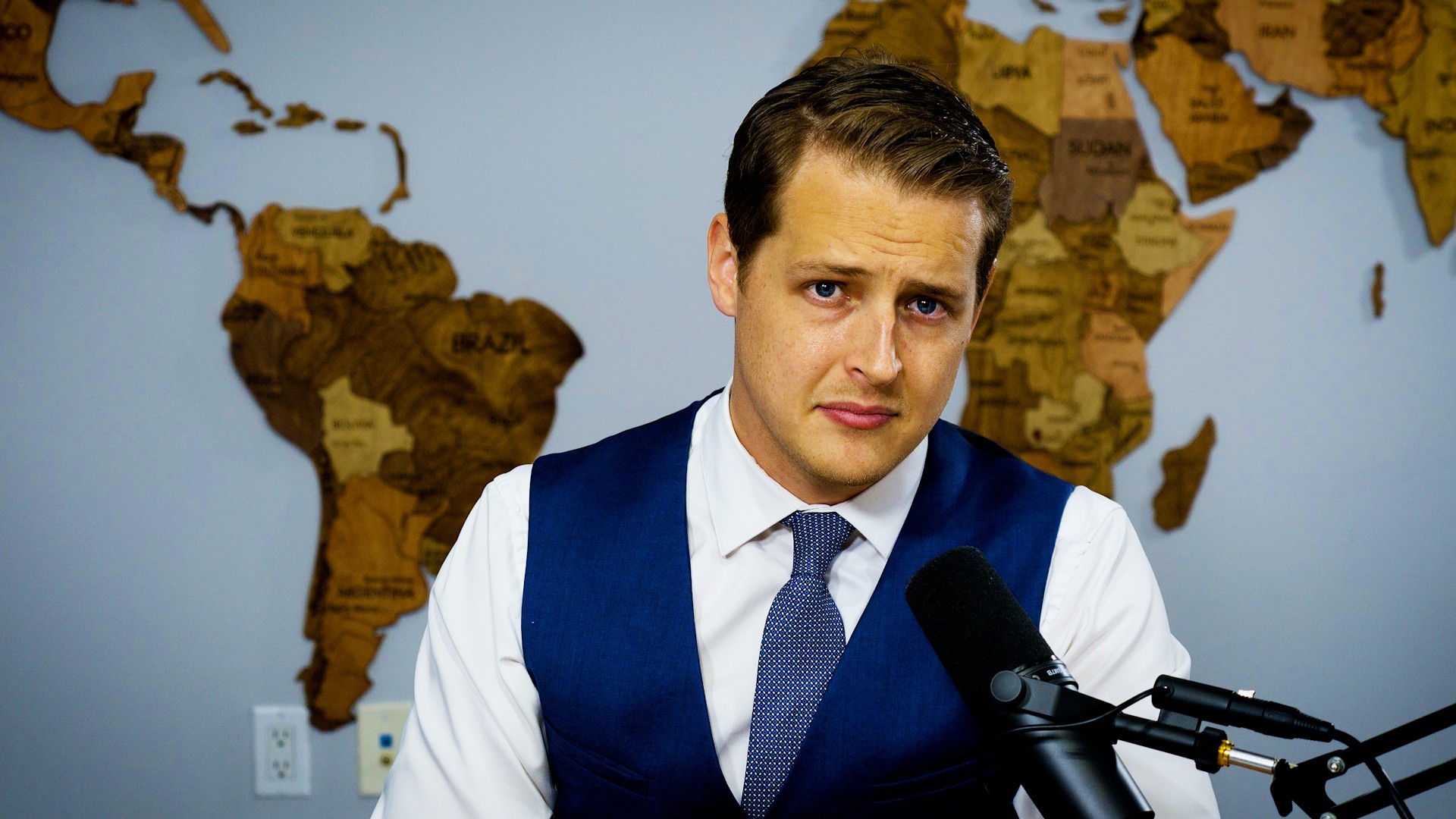

We’re looking forward to introducing you to Daniel Tintle. Check out our conversation below.
Good morning Daniel , it’s such a great way to kick off the day – I think our readers will love hearing your stories, experiences and about how you think about life and work. Let’s jump right in? What do you think others are secretly struggling with—but never say?
Standing up for themselves!
I’ve learned, especially over the past year, just how afraid people are of others. They tremble with fear even when they’re 100% in the right…more than willing to sacrifice their own deserving triumphs and set of personal values for temporary comfort and immediate social acceptance.
A social trade which involves emotion as its currency that would in no possible way bring any form of happiness, satisfaction or contentment to someone’s mind during a state of reflection.
Can you briefly introduce yourself and share what makes you or your brand unique?
I am a podcast host and newscaster that specializes in viewing “political” issues through a humanitarian scope by using historical context and experience based authenticity in order to do so. The goal is to provide and analyze functionally based solutions to humanitarian issues (wars, social issues, the economy, global conflicts) that are typically blanketed with political sides even prior to being presented to the mainstream public.
I like to say that if a political issue were a baby, you’d have never seen it bare.
People generally aren’t even given the opportunity to digest an issue prior to being told how to feel about it.
They’re told how to feel based off of who the presenter is of that issue, the arena in which the issue is being told from, and the unconscious way in which the issue is construed (the tone of voice, the details mentioned, the details that weren’t mentioned, and of course the amount of fear that you’re left with which is designed to cause you to act in the desired way that coincidentally and ironically benefits the same messenger informing you of the issue).
Okay, so here’s a deep one: What breaks the bonds between people—and what restores them?
It’s easy to say that conflict is what breaks bonds between people, no matter how close we are with each other, but where that conflict comes from is most important than the conflict itself.
Internal conflict is always lethal. It will lead to the complete termination of a bond between people. The bond will either no longer exist in any way (bond abolished completely) or the bond will have to evolve into a new bond with a new shape and expectation in order to survive. When this happens and what’s important to know is, the original bond will no longer exist the way in which it once did.
The tenure of the original bond is now gone and becomes a confirmation that internal conflict is a fatal institution.
Sometimes this is a good thing (what doesn’t kill you makes you stronger) think of the movie Remember the Titans where the team creates a newer and much stronger bond with one another.
What restores them?
The original bond can never be restored once its broken.
In the best case scenario it can only be similarly replaced. Think of a lizard replacing its tail, sure it has a new tail and can still function in capacity, but it is still indeed, a new tail….however you try to sell it.
The best restoration antidote for restoring bonds to the times when they were most strong and desirable would be with external conflict.
Mindy has a crushing fight with her friend Sarah about politics…their bond is broken.
Sarah’s husband then passes away. The husband’s passing becomes an external conflict to their bond.
External conflict provides opportunity to create new bonds with people that were broken at one point because of internal conflict. It usually provides us with this macro outlook on conflicts in general….thus minimizing our fatal internal conflicts we had with people, which provides us a chance to create bonds that could similarly replace our former ones.
External conflicts provide us this opportunity, but it won’t be there forever. If its not capitalized on when given the chance, it can and will minimize future opportunities to create new bonds.
When did you last change your mind about something important?
All the time!
I always consider different routes to take and different avenues of approach.
When making an important decision you always need to put all of your options to the table!
Sure, so let’s go deeper into your values and how you think. What’s a cultural value you protect at all costs?
Treat people right, don’t lie and don’t take advantage of them.
The #1 reason I do the work that I do which was the entire premise of my documentary: Tips for the Top.
I’ve learned through my research exactly how employers use vulnerable individuals who are in extremely difficult financial circumstances to exploit them for their own personal financial gain.
And I don’t mean this by simply using their labor to provide a service or product for profit. That would be called just business.
I mean this by using the example in particular regarding most restaurants in Miami. Hiring financially vulnerable people based off of intentionally false premises, false promises, and implications that restaurant owners themselves know is a complete falsehood on the day of hiring.
When a restaurant owner points to the word “service charge” and says “yeah this is your tip and this is how you get paid.”
But in reality it’s not how the employee gets paid. Not at all.
The exact money that they are pointing at is actually how the restaurant owner themselves gets paid….NOT the employee.
Times this example by thousands and thousands of restaurant workers across the city of Miami and you have a pandemic of thievery that’s in stark contrast to Robinhood.
Where the wealthiest people in the city use false implications and dishonesty as a business model to keep generating revenue from their customers under the disguise that it’s their staff’s money.
But it’s not their staff’s money.
It’s really their money.
The equivalent of giving money to a non profit believing it goes towards the cause….when in reality it goes to the owner who’s spending it on their own personal lifestyle.
A scandal in the hospitality industry for the ages.
If you haven’t watched my documentary “Tips for the Top,” I would highly recommend you do so.
Okay, so let’s keep going with one more question that means a lot to us: What do you understand deeply that most people don’t?
People are generally good.
And I mean this by nature. People are born good…in general..
However, being evil, selfish and doing bad things is a disease that has been an epidemic since the beginning of all humans.
Once one person does it, it makes another look at the act as much more acceptable and not as taboo as originally thought.
This is especially true if the consequences of these bad acts are lighter in weight than the bad act itself. The lighter in comparison, the more the bad act is capable of being repeated in the future.
Bad actors have the capability of having a broader reach in today’s world while being able to do so under the surface, which shields many of these consequences from reaching them.
From what I see however in the average, every day human being from speaking with people on many defining issues happening in the world, people are generally still very good. It’s easy not to believe me though considering what you read and see throughout the monopoly of communication which is the internet.
Contact Info:
- Website: https://linktr.ee/danieltintle?utm_source=linktree_profile_share<sid=adea87b5-865d-48b1-9430-6ee6f8d97dbe
- Instagram: https://www.instagram.com/danieltintle/?hl=en
- Youtube: https://www.youtube.com/@dantintle
- Other: Podcasts:
The Bullock: https://open.spotify.com/show/5IYcl5joCvWeO3vcrzFruC?si=75161be0a8574834
No Politics: https://open.spotify.com/show/0I2jfsqogaioREavkqlX5c?si=91ea1cc5a9cc4c1f
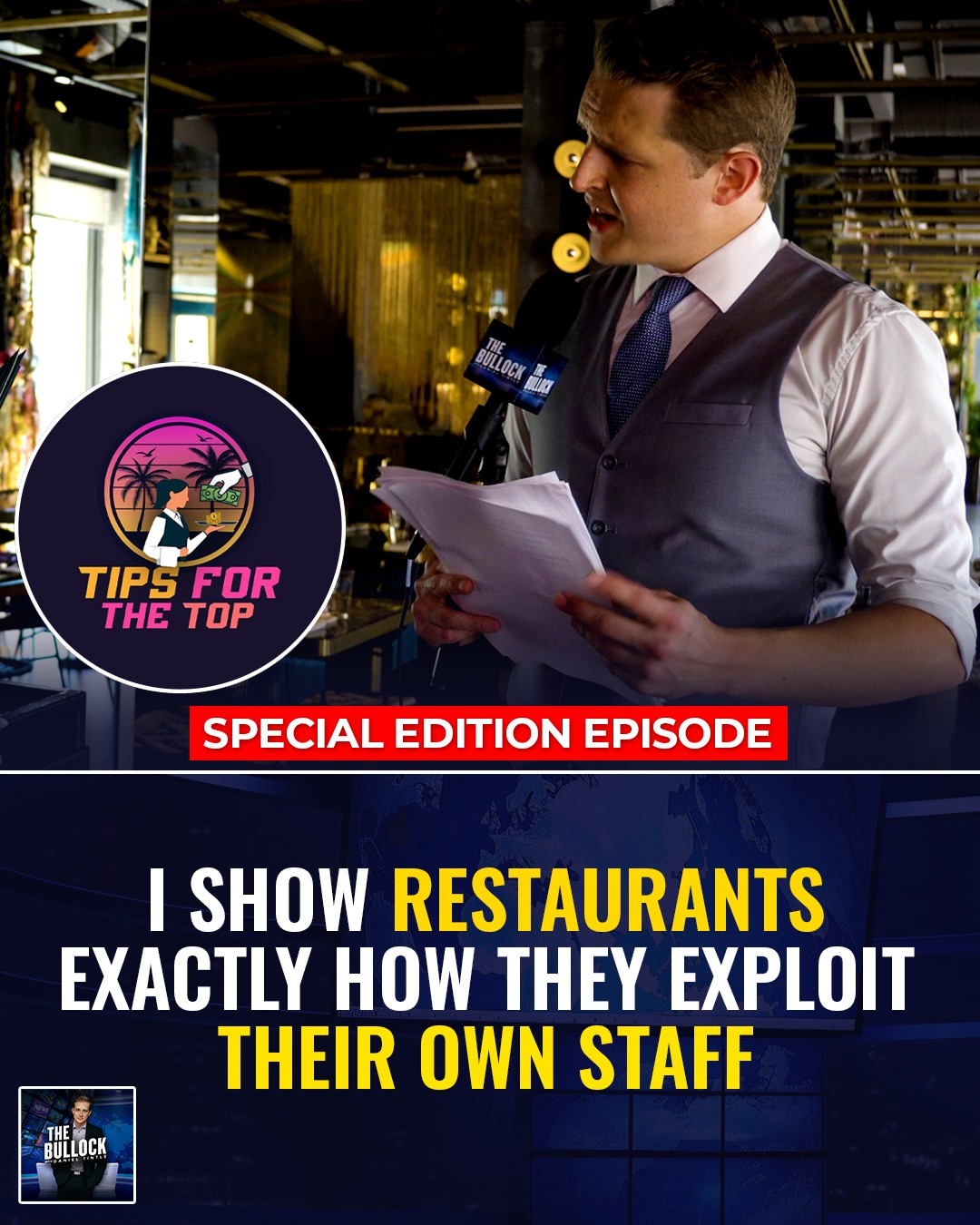
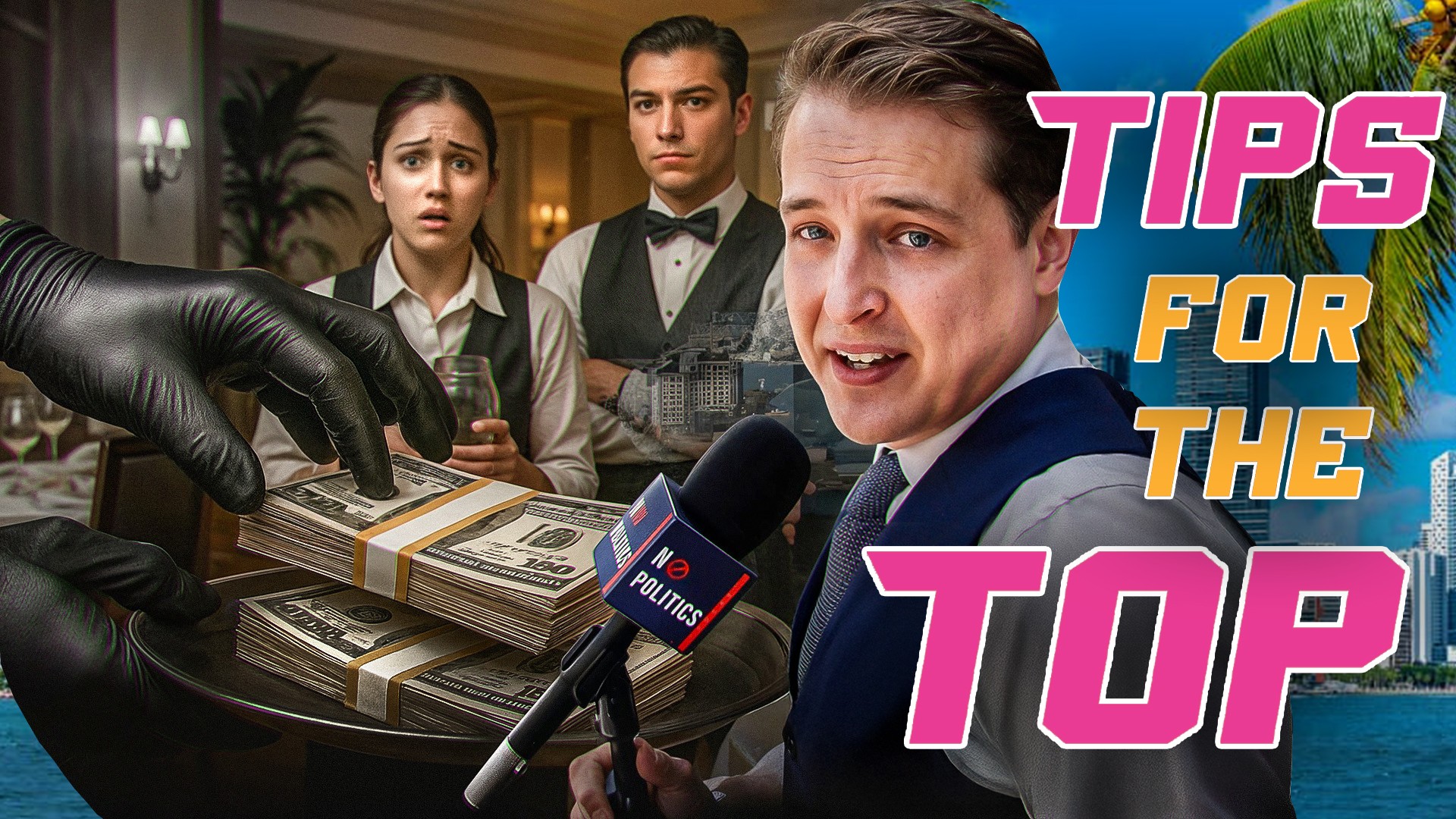
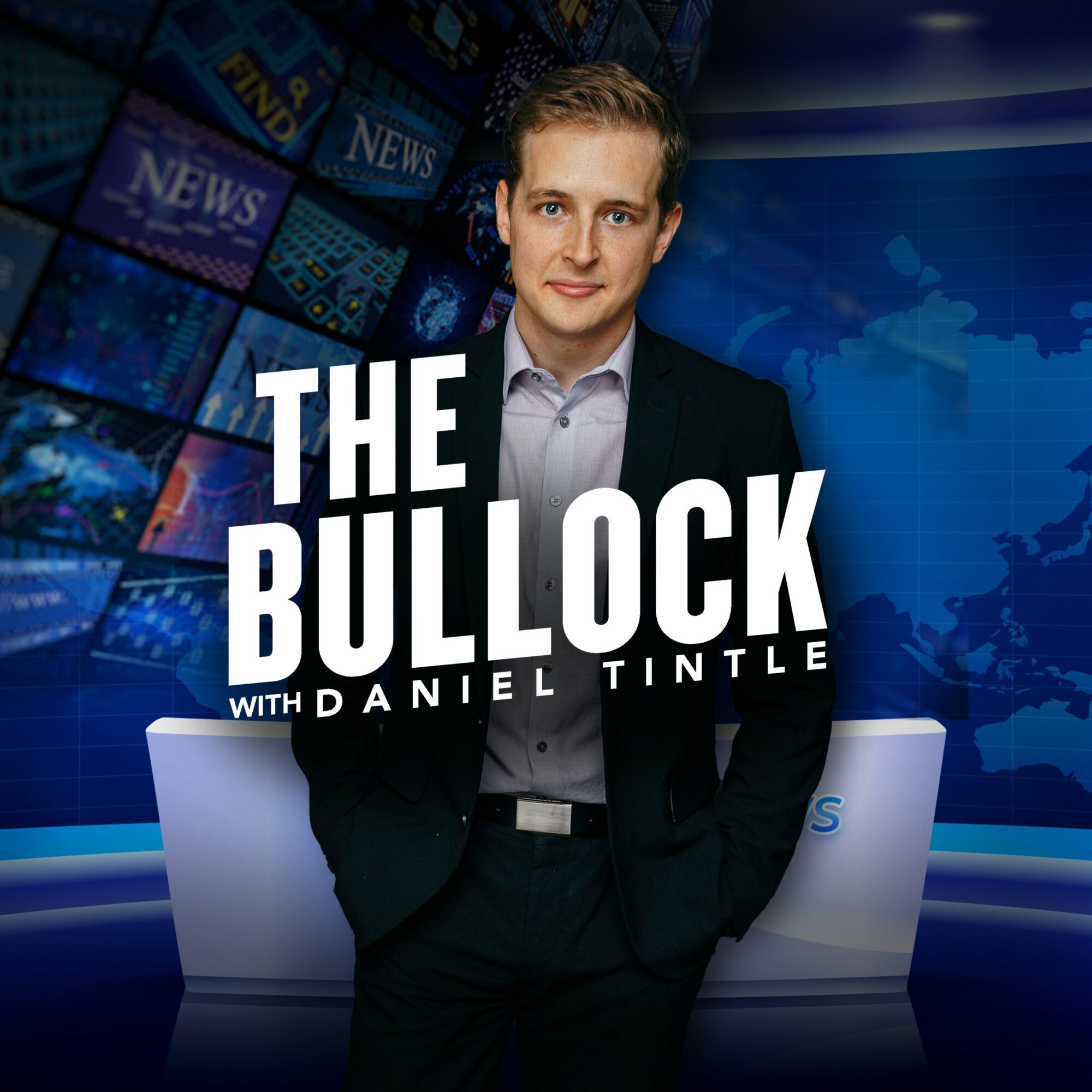
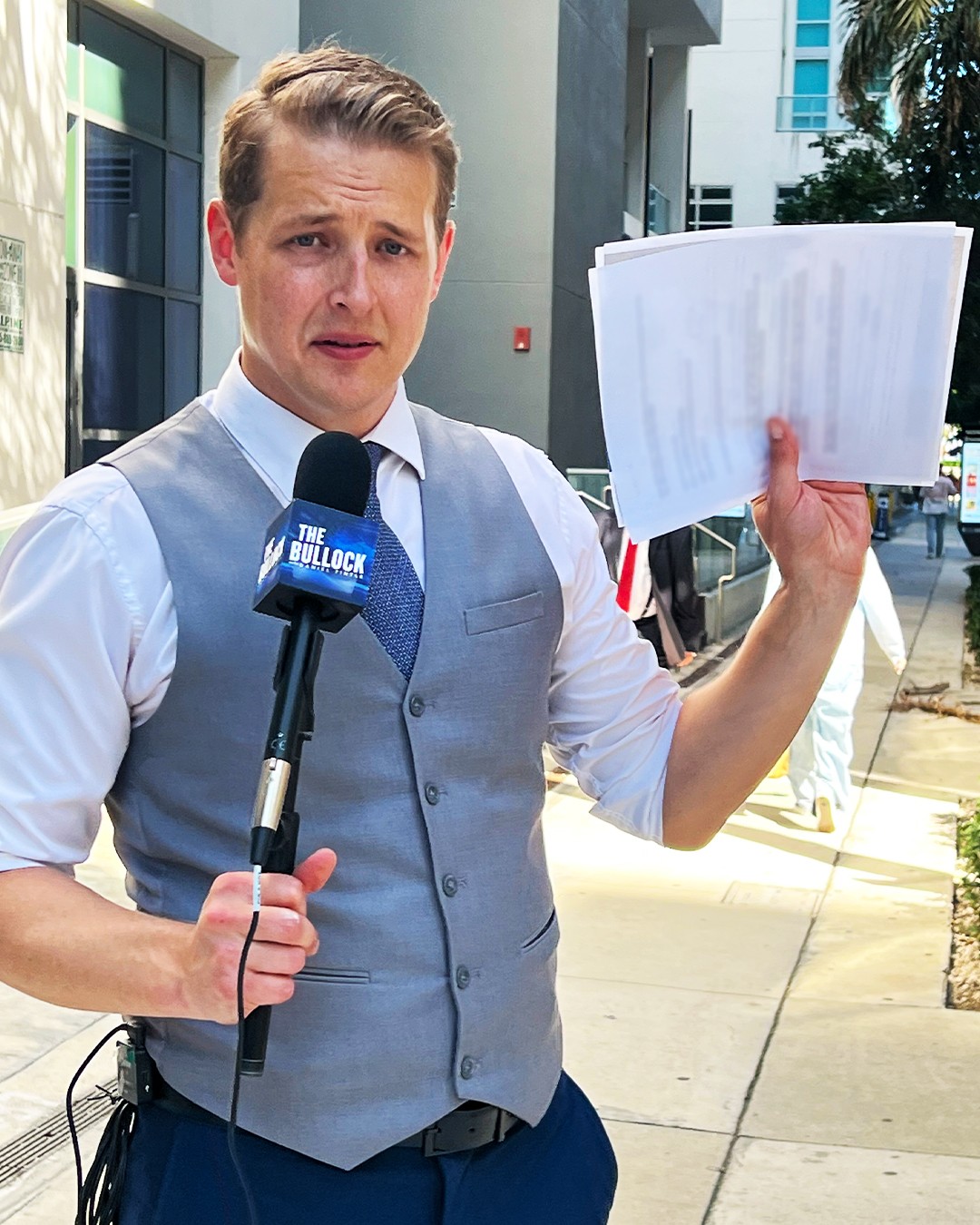
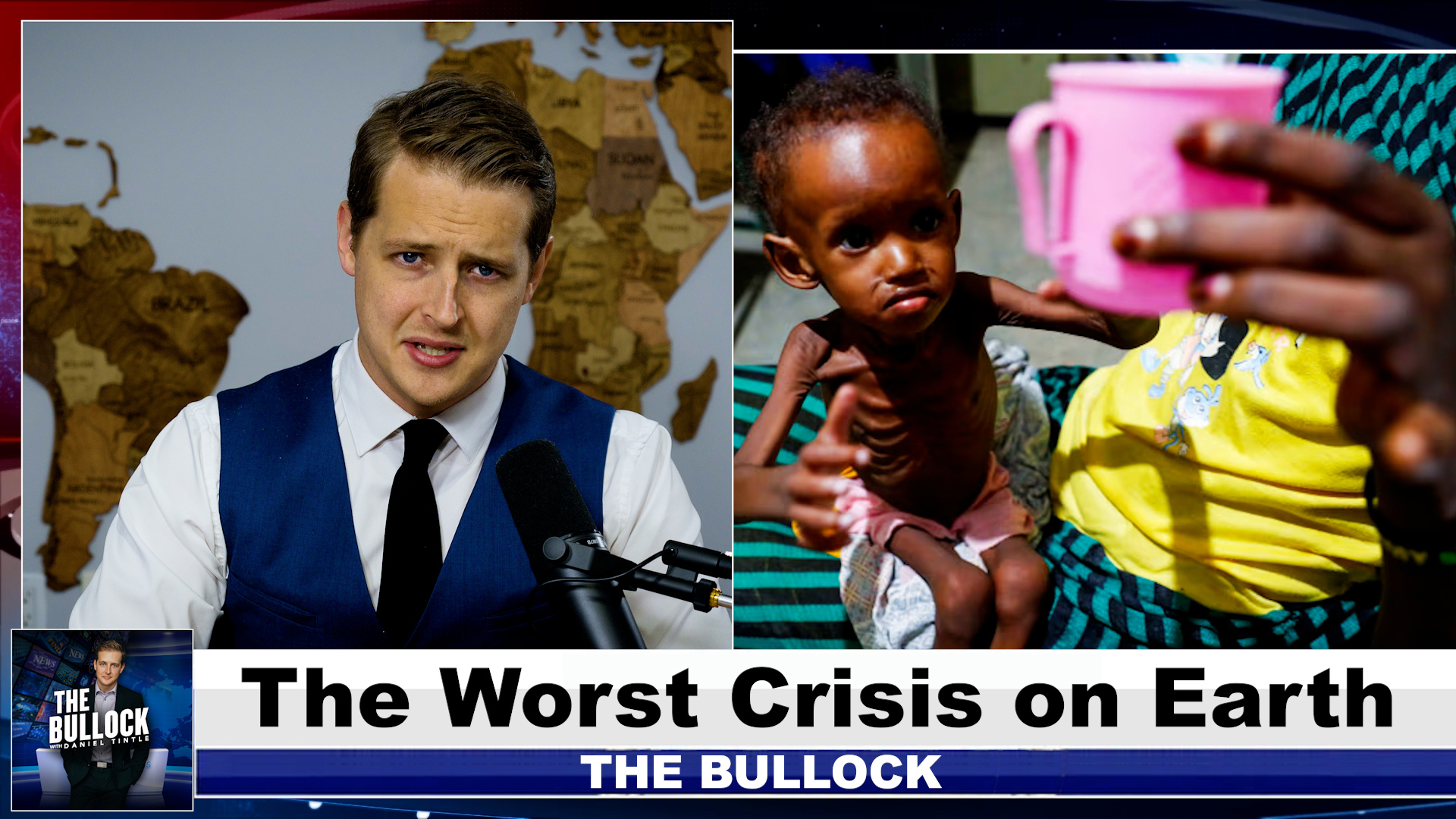
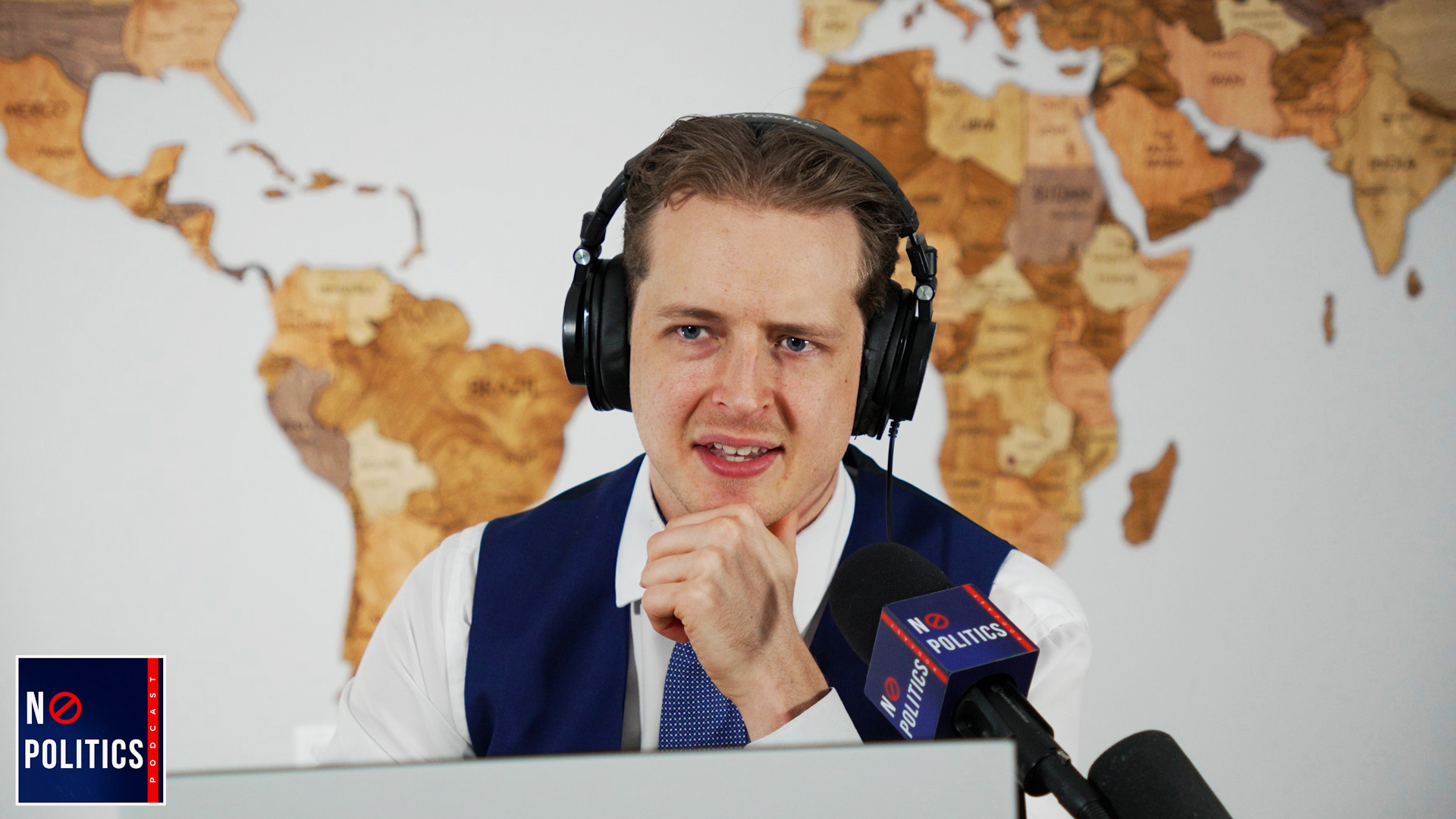
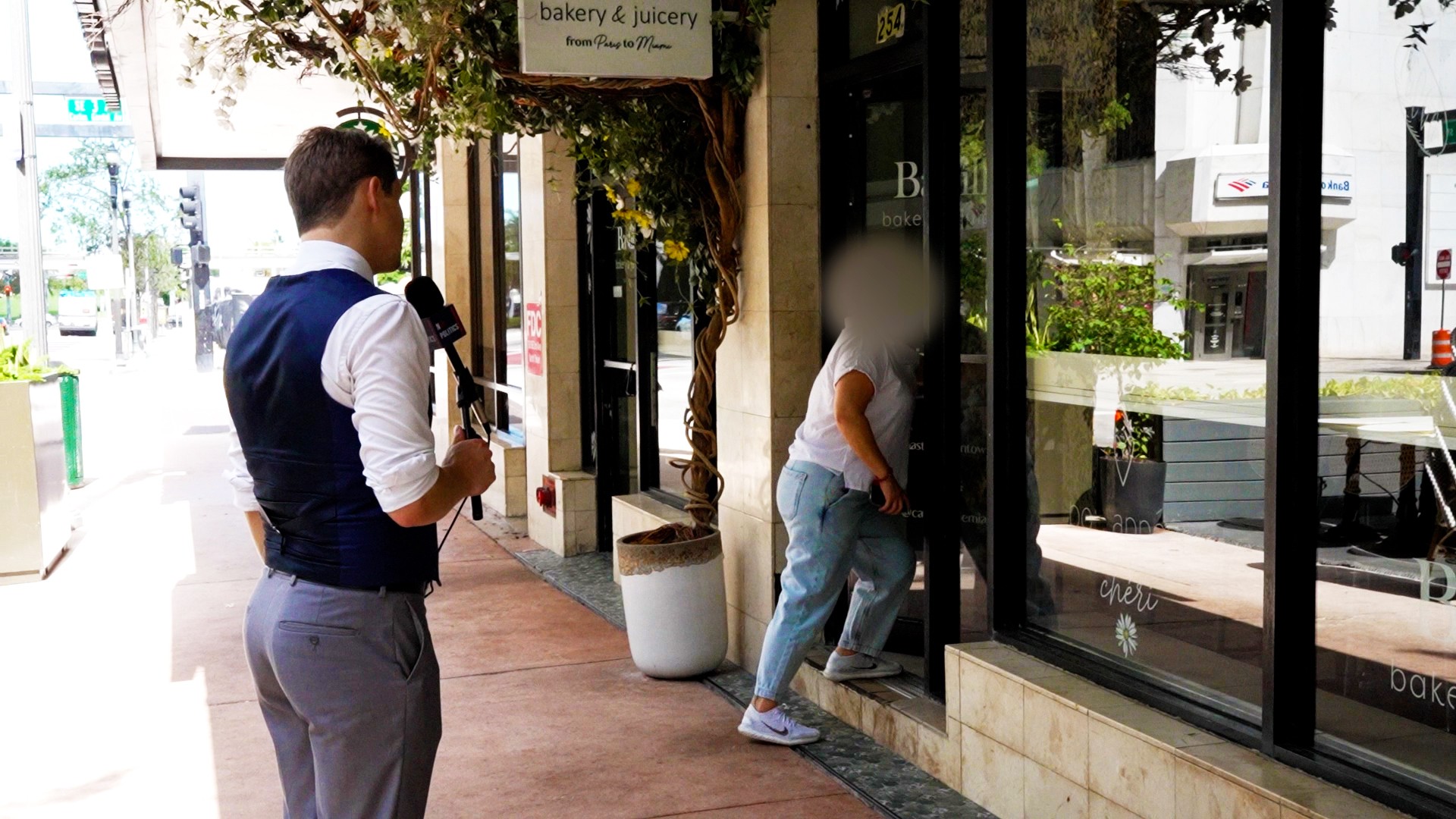
Image Credits
Daniel Tintle










